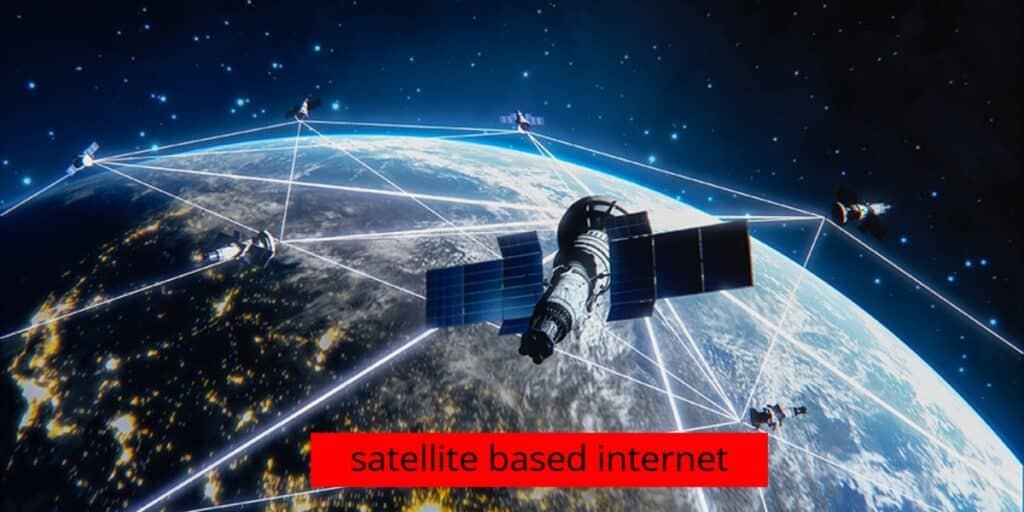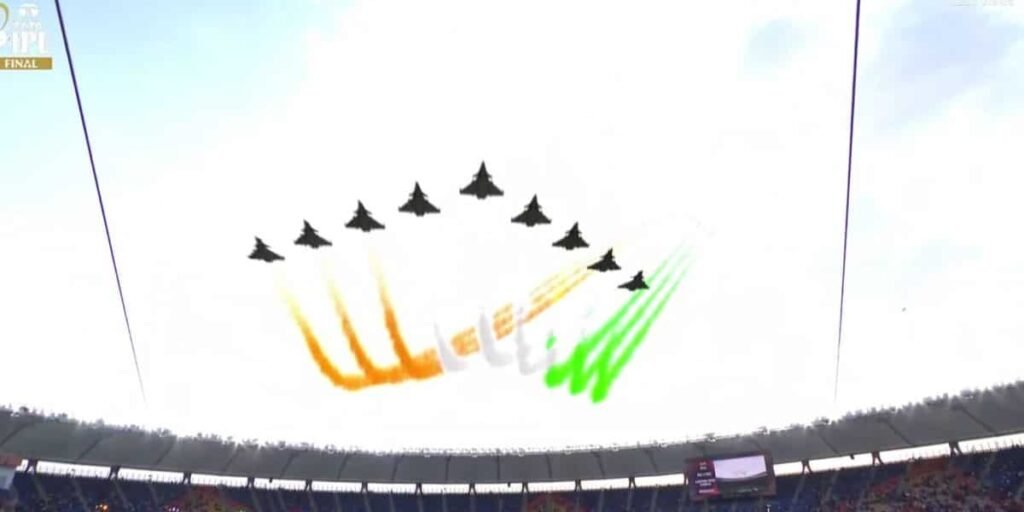WEBDESK: The launch of satellite based internet services in Pakistan has been delayed, as authorities work on introducing stricter regulations for foreign operators. The decision comes in the wake of recent conflicts between India and Pakistan, and Iran and Israel.
A temporary no-objection certificate (NOC) granted to Starlink, owned by Elon Musk’s SpaceX, expired in March. Now, all foreign companies providing satellite based internet services are required to apply again under the country’s newly drafted Satellite Communications Regulations.
The Pakistan Space Activities Regulatory Board (PSARB) is finalising these new rules after gathering feedback from industry experts at a recent roundtable meeting. The regulations will include important security requirements, which officials say have become essential due to the current regional situation.
In addition to Starlink, two other Low Earth Orbit (LEO) satellite-based internet providers OneWeb and Shanghai Spacecom Satellite Technology (SSST) have also shown interest in operating in Pakistan.
Once registered under the new rules, these companies will need operational licences from the Pakistan Telecommunication Authority (PTA). A PTA official mentioned that all interested providers, including Starlink, could be allowed to begin satellite-based internet services by the end of this year. According to sources quoted by Dawn, Elon Musk may also visit Pakistan for the official launch ceremony.
Starlink was the first to apply for a licence in Pakistan, but the process faced delays because regulations were not in place. Interestingly, the company has already received approval to offer satellite-based internet services in neighbouring India.
A senior official from the Ministry of IT and Telecom said the recent conflicts made it clear that stronger controls over satellite based internet operations are needed. “The new regulations will have strict security clauses which might have been ignored if these wars had not happened,” the official explained. “Also, Pakistan must have more than one service provider, and we have two more companies interested.”
LEO satellite networks work at lower altitudes of under 2,000km from Earth and can deliver high speed internet even in bad weather. These systems have a much lower latency about 25 milliseconds making them faster for online services like video calls and gaming.
At present, Pakistan’s own state-owned company, PakSat a subsidiary of Suparco provides satellite based internet through its Satellite Multi-Mission-1 (MM-1), launched in August 2024. However, this is a geostationary satellite, positioned much higher at around 37,500km above Earth, which causes a delay of about 600 milliseconds.
PakSat’s service currently supports around 300 clients, with room for up to 5,000 users. Most of its customers are corporate firms, armed forces, and telecom companies operating in remote areas.
With new foreign companies expected to enter the market and fresh regulations on the way, Pakistan’s satellite based internet industry is set for significant growth and modernisation in the coming months.
Read more: Pakistan Railways to launch high-tech business train this month






